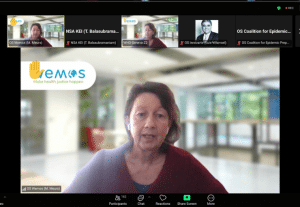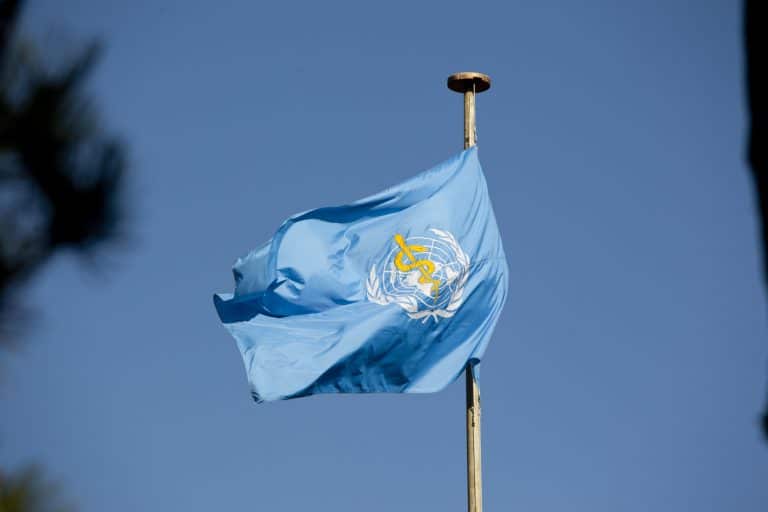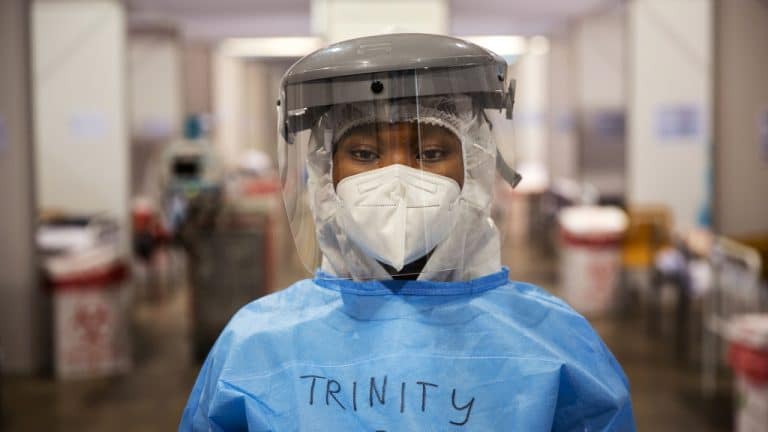“We are concerned by the absence of binding commitments on additional, sustainable and fair financing in the current draft of the pandemic agreement, while the draft does include commitments that will require additional investments. This is unfolding in a context where many public health systems, which are the backbone of pandemic prevention, preparedness and response, are already facing huge financial challenges.
It is disappointing that the only binding commitment in current article 20 is the utilization of the Coordinating Financing Mechanism, which relies entirely on voluntary contributions. To increase funding in a way that is fair, sustainable and predictable, resources first need to be mobilized through progressive tax systems. And then be pooled at international level according to the principles of all contribute according to capacity, all benefit according to need, and all decide. But flaws in the global financial architecture inhibit countries from expanding their fiscal space, and the current draft agreement neglects these.
I refer in particular to the debt crisis and to financial losses through illicit financial flows and tax competition. The debt crisis is rooted in colonial history, and it needs a fair and sustainable solution under the auspices of the United Nations. So do problems related to tax avoidance and evasion, for which a UN Framework Convention on Tax Cooperation is already being worked on.
These negotiations started with the recognition that pandemic PPR requires stronger international justice and collaboration across sectors. The pandemic agreement offers an opportunity to weigh in on other sectors that affect health, in this case finance, by acknowledging the impact that flaws in the global financial architecture have on countries’ capacity to strengthen pandemic PPR, and by making explicit reference to the UN processes aimed at solving them.
I am asking you not to miss that opportunity. Thank you for your attention.”
Download the statement





